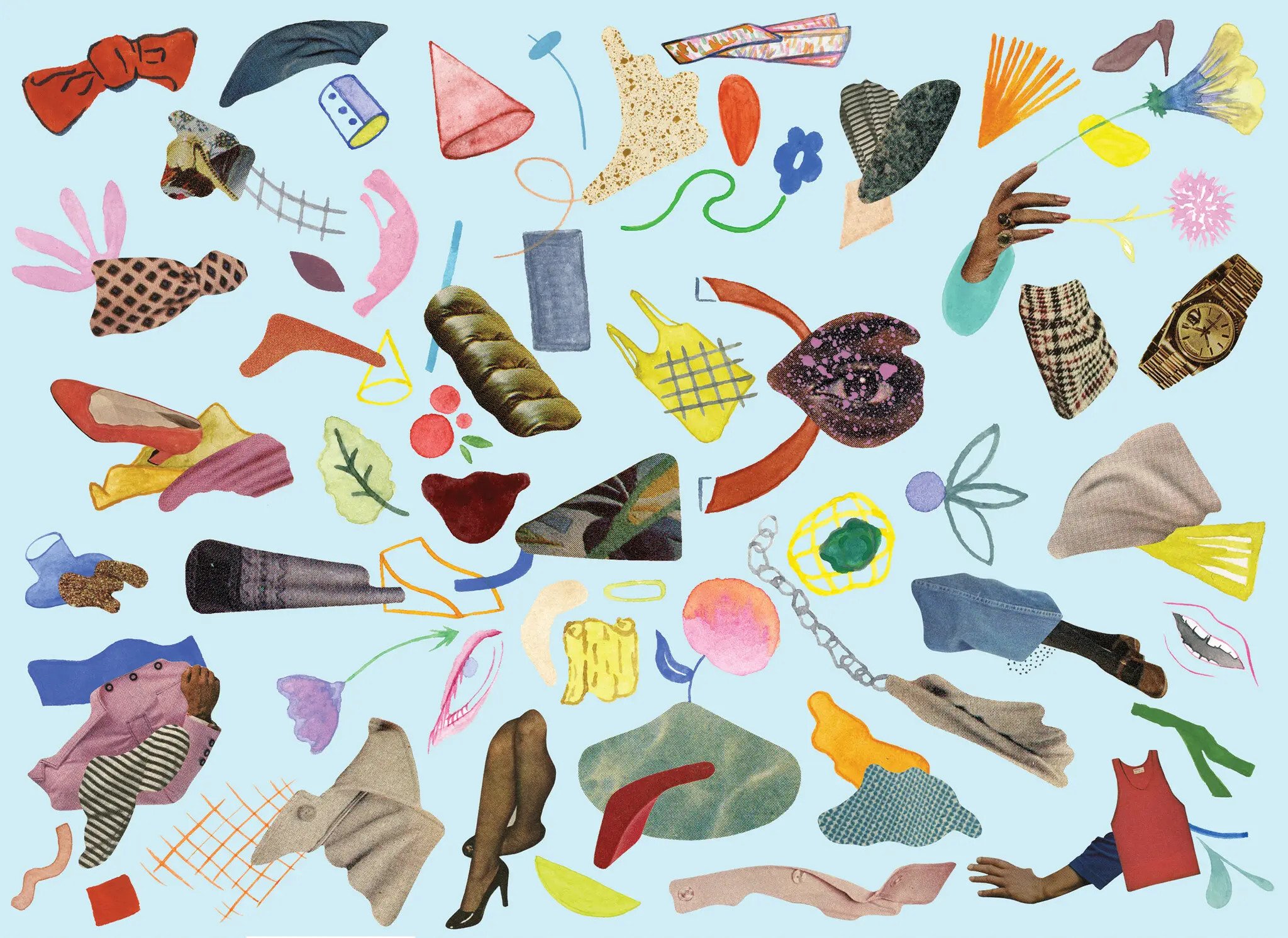Sourced from NYT | May 3, 2022 by Véronique Hyland
A plain black wicker bag with no designer label, just a 'Made in British Hong Kong" tag that dated it to the last millennium.
It was sturdy and had the sort of quality magazines may call an 'investment piece'. When a friend sitting by Veronique Hyland at New York Fashion Week inquired about its origins, she decided not to lie.
"It's from the dump," she said.
As a fledgling fashion editor living broke in New York, the dump was her secret. During the summer, Veronique made trips to small-town Massachusetts, where the local dump was filled with junk and a plethora of treasured stuff. A swap shop, a tiny cottage shop that also had to serve as a free boutique, where one could find many weird delights, such as a pair of sky blue clogs that could pass as if they were from Rachel Comey, and a circa 1970s Gucci scarf, patterned with leaping zebras that could earn compliments at Paris Fashion Week.
The Swap Shop is a novelty for most but for Veronique, she saw it as an infinite of possibilities. Even the most dated clothes seemed ready to spring to life. She's found perfectly wearable A.P.C sweaters and COS shorts. A family friend spoke about finding a Ferragamo bag with leftover ash inside it.
However, there was still something shameful about scrounging one’s way through old clothing. Veronique had spent half a decade covering fashion and over time, she's seen the industry awakening to sustainability and reuse. Luxury brands that used to destroy and even burned unsold merchandise are now thinking of ways to reinvent it. Resales have become antidotes to the conveyor belt of fast fashion.
Making new things out of second-hand goods is what small-town America has been doing for decades. The importance of sharing resources became increasingly clear as the pandemic raged. More people were getting free stuff from their neighbors, going from being a quirk to a fun excuse for a day's outing.
Covid taught its lessons about mutual aid, and of course, challenged every community that tried to live by them.
Finish up
@ NYT 👉🏼












